Lesson 32 - Adjective Endings
Just like verbs, adjectives have their own ending. When adjectives stand alone without a noun to modify it, the verb is always desu. In order to change the tense, you must change the adjective's ending. In order to do so, merely drop the i at the end and add the proper ending. There are only four endings. If you keep the i, it is present/simple future tense. For example, Samui desu is "It is/will be cold". To change it to "It is not/will not be cold", drop the i of samui and add kunai, making it Samukunai desu. In order to say "It was cold", drop the i again and add katta this time, making it Samukatta desu. Lastly, to say "It was not cold", you would add kunakatta to the end, making it Samukunakatta desu. These may be a tongue twister at times, especially with adjectives like atatakai, which when chaged to past negative turns into atatakakunakatta desu. Such a mouthful to say "It was not warm", no? Before we get into a dialogue, let me point out that ii (good) is an exception. For present tense, such as "Today is good," you would keep it as ii and say Kyou wa ii desu. But, when you change it into any other tense, such as negative, past, or past negative, you must use the old Japanese word for good instead: yoi. You drop the i just like the other verbs and add the tenses. So a list of the good adjectives would be: ii (is good), yokunai (is not good), yokatta (was good), and yokunakatta (was not good). Let's have some practice. Let's call back Chiyo and Masako for more talk about the weather.
Chiyo: Konban wa, Masa-chan.
Masako: Konban wa, Chi-chan. Konban wa yokunai desu.
Chiyo: Hai, warui desu. Senshuu no kayoubi wa suzushikatta desu.
Masako: Iie, suzushikunakatta desu! Atatakakatta desu.
Chiyo: Aa, gomen ne.
Here, Masako comments, "Tonight is not good." Chiyo replies, "Yes, it is bad. Last Tuesday it was cool." Masako corrects, "No, it wasn't cool. It was warm!" Chiyo then apologizes for her mistake.
Vocabulary Review
今晩 Konban- tonight
-い -i- present/simple future tense
-くない -kunai- present/simple future negative tense
-かった -katta- past tense
-くなかった -kunakatta- past negative tense
良い Yoi- old Japanese for good
